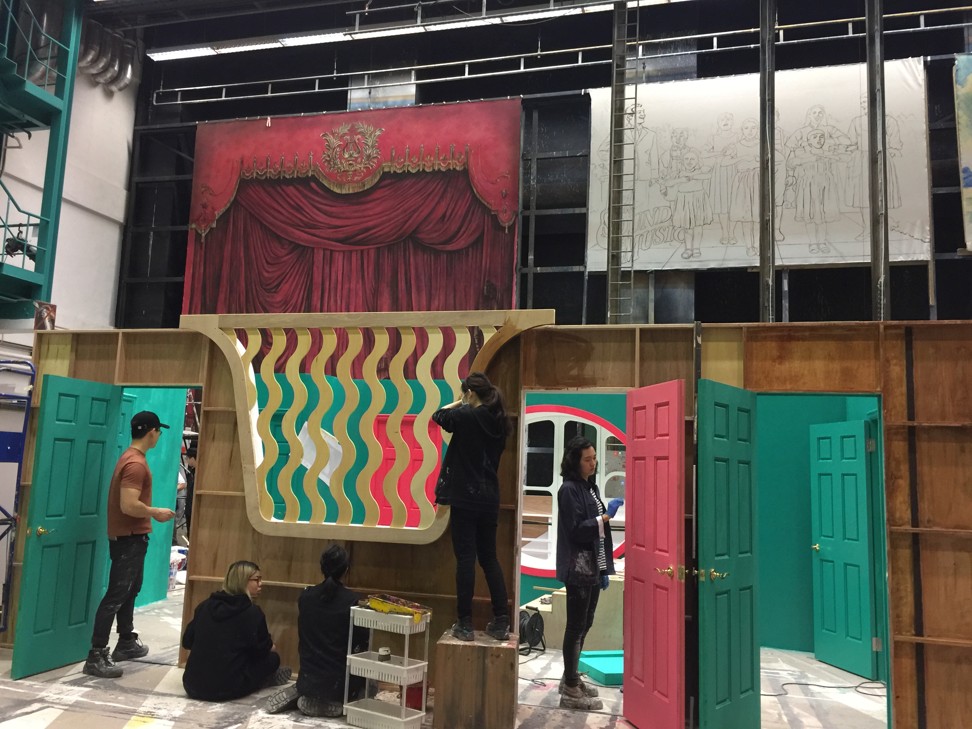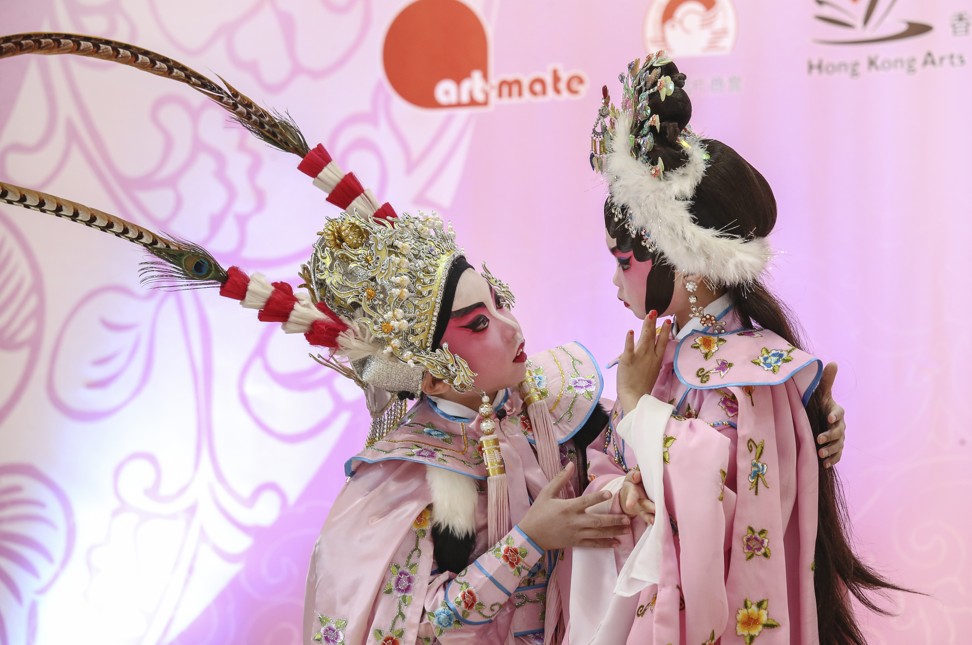
Hong Kong must boost funding for the performing arts if it truly wants to be ‘Asia’s world city’
Gordon W.E. Jones says funding for the stage arts, especially opera, will not only make Hong Kong’s cultural life more vibrant, but also create jobs, and boost economic growth and tourism
Although Hong Kong is branded as “Asia’s world city”, the quality of its cultural life still lags far behind that of London and New York, while Western classical music and grand opera are integral parts of cultural life in Beijing and Shanghai. Unlike Hong Kong – all tier one and many tier two mainland cities have world-class Western opera houses.
The performing arts are a very important constituent [of the overall quality of life in a city]
Promoting the performing arts is important for several reasons. First, as an ultimate expression of human creativity, they should be promoted for their own sake. Second, these arts are essential parts of the life of any “world city” worthy of the name. Hong Kong has to demonstrate that it is a world-class city because of the overall quality of life, of which the performing arts are a very important constituent. Third, there are significant economic and financial benefits.
A government report on the cultural and creative industries in 2013 indicated they are among the city’s most dynamic sectors, helping economic growth and job creation. Development as a major international performing arts centre will also benefit tourism.
Hong Kong government funding for the performing arts tends to focus on training and education through the Academy for Performing Arts and building venues such as the West Kowloon Cultural District, rather than performing arts companies – which provide the critical link between training and venues.

West Kowloon will comprise arts and cultural venues, the number and purpose of which continually fluctuates. The initial government endowment was HK$21.6 billion but the final cost will be significantly higher. Massive sums of public money are being spent on this project. On completion, the cultural venues must be fully utilised to ensure they are not a continuing and significant drain on the public purse.
A major proportion of artistic programmes must be provided by local performing arts companies,which will also help to employ the academy’s graduates. However, are they able and resourced to do this?
The funding situation is particularly severe in the case of Chinese and Western opera
At present, only nine performing arts companies, including the Hong Kong Philharmonic Orchestra, the Hong Kong Sinfonietta, the Hong Kong Ballet and the Hong Kong Repertory Theatre, receive annual government subventions of about HK$334.6 million, which has been unchanged for several years. In 2011, the Home Affairs Bureau introduced the Arts Capacity Development Funding Scheme for springboard and project grants. While it is a step forward, it does little to address the overall funding problem, as only HK$30 million overall is available for annual allocation. Further, the scheme is time-limited and so cannot provide the long-term financial security of a government subvention.
The funding situation is particularly severe in the case of Chinese and Western opera. None of the nine subvented companies is an opera company.

Fundraising is an essential part of the work of all performing arts companies in Hong Kong
Fundraising is an essential part of the work of all performing arts companies in Hong Kong, but private-sector sponsorship is a volatile source of income and cannot provide a stable base for planning sustained, long-term growth. Both public and private financial support are necessary, with government subventions providing long-term security and stability.
Since the selection of the current nine subvented companies, the tastes of Hong Kong audiences have changed, as seen in the enthusiastic and increasing support for Opera Hong Kong’s productions over the past 14 years. Other groups without a subvention could tell a similar story.
The next chief executive must undertake an early review of the government’s level of financial support for the performing arts and implement long-overdue and much-needed reforms.
Gordon W.E. Jones is chairman of the Artistic Committee at Opera Hong Kong
